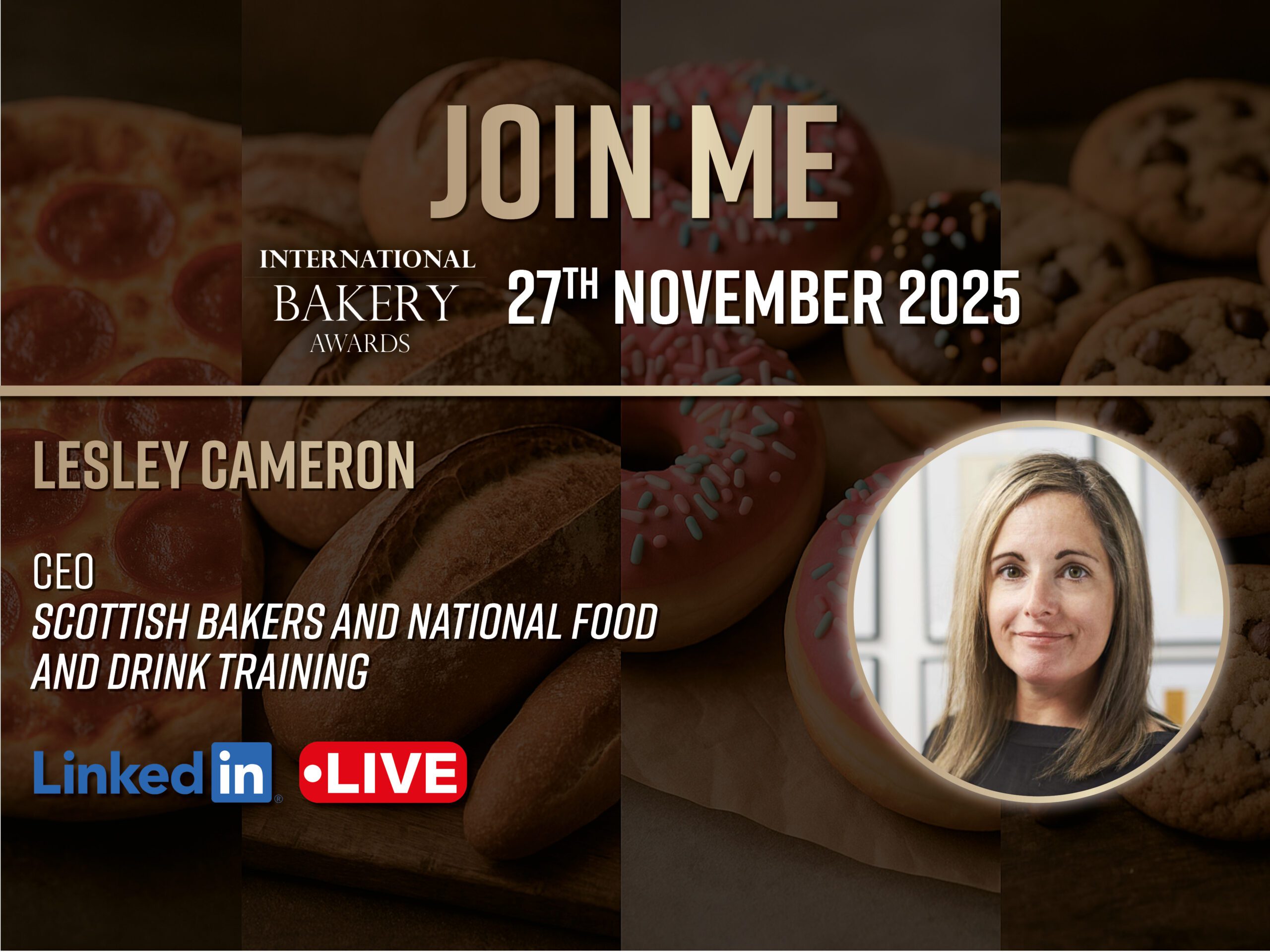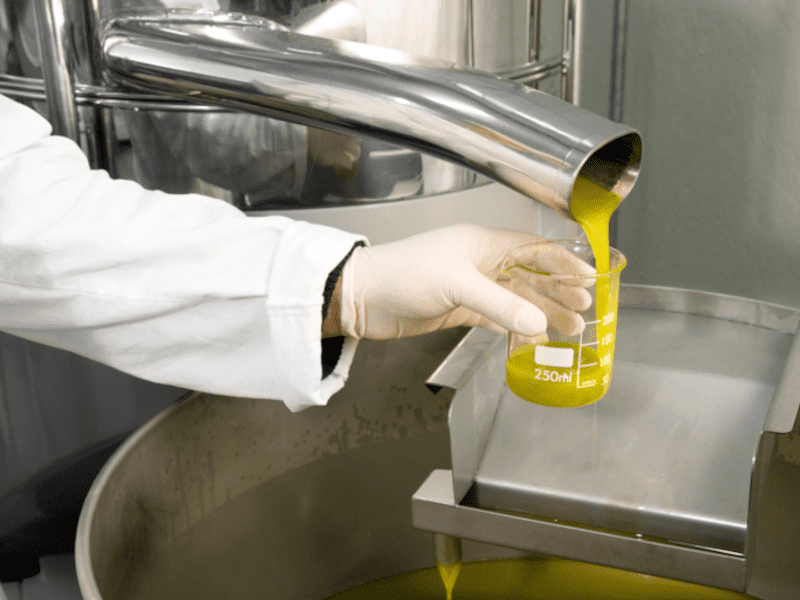The baked goods sector – from cookies and crackers to cakes and snacks – is undergoing a period of rapid change. With shifting consumer demands, stricter regulations, and growing pressure on margins, manufacturers across the industry must rethink their strategies. This article explores seven key challenges and how leading producers are turning them into competitive advantages.
The scent of freshly baked cookies evokes childhood memories – few foods blend tradition and indulgence quite like baked goods. In today’s economically challenging times, cookies and crackers are experiencing renewed popularity as an affordable treat that consumers are still willing to indulge in. For manufacturers, this translates into promising growth opportunities in a dynamic market. However, rapidly changing conditions bring both opportunities and challenges: shifting consumer habits, increasing product diversity, sustainability requirements, labour shortages, and digital transformation all put pressure on producers. The question is: how can this dynamic be harnessed – and what technologies are needed to succeed?
- The Rise of Convenience Products and Functional Snacks
Purchasing baked goods is no longer a casual choice – consumers actively seek products that align with their lifestyle. This drives many of the industry’s most pressing challenges. Growing health awareness is fuelling demand for functional snacks with reduced sugar, added proteins or fibres. “Free-from” products – gluten- or lactose-free variants – have long outgrown their niche. Ingredient transparency is becoming essential: the shorter the ingredient list, the better. At the same time, convenience remains key: single portions, resealable packaging and on-the-go formats reflect our increasingly mobile way of life. Interestingly, consumers also differentiate between types of snacking – from indulgent treats to functional energy boosts.
- From Standard Ranges to Expanding Product Variety
Modern consumer preferences have led to unprecedented diversity in cookie and cracker lines – from seasonal editions and limited runs to varied packaging formats. This complexity brings challenges for production: specialised recipes such as vegan or gluten-free products tend to be more sensitive during processing. Gentle handling is essential to avoid product breakage. With ever-expanding variety, frequent product and format changes have become routine. Still, manufacturers must maintain competitive pricing – a balancing act that only works with highly efficient processes. Flexible production systems with short changeover times are critical: only then can manufacturers expand their portfolio without sacrificing core products. The ability to produce a wide range of items efficiently and react quickly to trends will define future market leaders.
- Greater Efficiency, Less Waste
In a market with tight margins due to rising raw material and energy costs, reducing waste is a top priority. Even small efficiency gains can make the difference between profit and loss. Gentle product handling ensures that delicate cookies stay intact and chocolate coatings remain pristine. Technologies such as precision linear motor systems and robotic grippers help minimise breakage – ensuring every cookie and cracker adds to the bottom line.
- New Sustainability Standards Require New Solutions
Alongside rising consumer expectations, tightening regulations are increasing pressure on cookie and cracker manufacturers. Sustainability is now a core business imperative. Regulations such as the EU Packaging and Packaging Waste Regulation (PPWR) set binding requirements for recyclable packaging. Manufacturers must rethink packaging strategies: shifting from difficult-to-recycle multilayer materials to monomaterials or paper-based options demands more flexibility in packaging lines. These new materials have different mechanical and thermal properties – requiring innovative sealing technologies to ensure performance and product safety.
- Product Complexity Raises Food Safety Demands
Food safety is not only governed by regulations but increasingly by the complexity of the products themselves. As “free-from” products grow in popularity, allergen management becomes more important. Investing in equipment designed with hygiene in mind pays off: smooth surfaces and easily removable components enable faster, more thorough cleaning – reducing downtime and increasing overall efficiency.
- Labour Shortages and Cost Pressures
Manufacturers also face a double challenge: growing labour shortages and increasing personnel costs are further squeezing already thin margins. Producers must ensure consistent product quality with fewer – and in some cases, less experienced – employees. The solution lies in automation. Modern production lines reduce labour dependency – from product handling to quality control and packaging – while boosting overall efficiency.
Technological innovation is not limited to automation. Digitalisation is reshaping manufacturing workflows and unlocking new potential. Networked equipment enables real-time data exchange, allowing immediate detection of deviations. Predictive maintenance is revolutionising servicing by allowing maintenance only when necessary – not in fixed intervals – cutting downtime and resource use while extending machine life.
- Partnerships as the Key to Success
The challenges for cookie and cracker manufacturers are complex: changing consumer needs, demands for sustainability, rising standards for efficiency and food safety – all under the pressure of labour shortages and rising costs. Optimising individual aspects is no longer enough.
“Today’s challenges require more than individual machines – they require integrated system solutions and genuine partnerships,” explains Daniel Bossel, Product Manager at Syntegon, a leading provider of packaging technology. “We see ourselves not just as a technology supplier, but as a problem-solver who develops future-ready solutions in collaboration with customers. Our global network and experience from hundreds of successful bakery projects make all the difference.”
Successful manufacturers partner with companies like Syntegon that combine industry expertise with technological innovation. A comprehensive portfolio – from product handling and packaging to tailored service concepts – helps manufacturers strike the right balance between quality, efficiency, flexibility and sustainability.
The Future Is Flexible and Automated
The future of the baked goods sector lies in automated, flexible systems that adapt quickly to changing market demands. Those who invest in such solutions today – and choose the right partners – will gain long-term competitive advantages and be well-positioned to tackle the challenges of tomorrow.
Read more latest industry news and developments in our free to download magazine.
Never miss a story… Follow us on:
LinkedIn: International Bakery
X: @int_bakery
YouTube: @Bakery-TV
Media contact
Joseph Clarke
Editor, International Bakery
Tel: +44 (0) 1622 823 920
Email: editor@in-bakery.com






